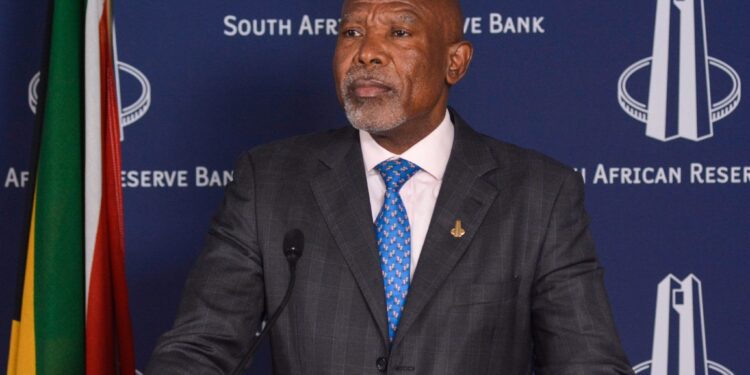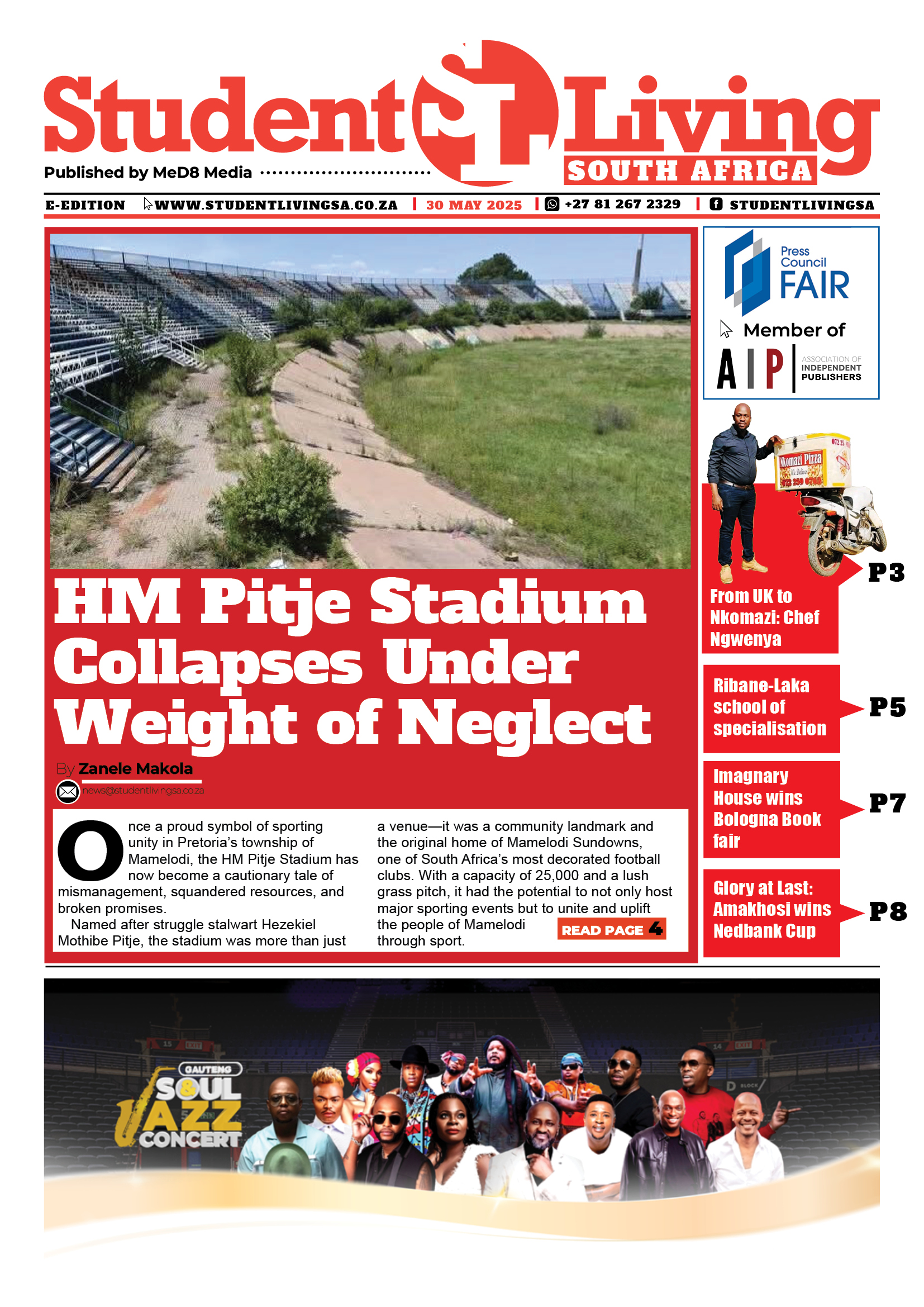By: Hlakaniphile Vilakazi
A repo rate is the rate at which banks borrow money from the South African Reserve Bank (SARB), which is the national bank. On May 25, 2023, Mr. Lesetja Kganyago, the Reserve Bank Governor, announced that the prime lending rate in South Africa is 11.75%. This rate has increased multiple times, including by 0.25% in November 2021, 0.25% in January 2022, 0.75% in September 2022, 0.25% in January 2023, and another 50 basis points in March 2023.
Dineo Thaba, a second-year student at Tshwane University of Technology, expressed concern about the increase in the repo rate. She mentioned that as a South African consumer, it would lead to inflation and reduce their buying power. Taking loans from banks will now come with higher interest rates, making it difficult for many to afford them.
Efficient Group’s chief economist, Dawie Roodt, sympathized with the South African Reserve Bank in their attempt to reduce inflation while government policies are accelerating it. Roodt shared these thoughts during an interview on Newzroom Afrika, where he discussed his expectations for interest rates.
Paul Ledwaba, an employee at KFC, added that people living in bonded houses will also experience an increase in their rent, which can be costly as salaries don’t typically increase at the same rate.
Regenerate response
Publishers Gather to Shape R114 Million Digital News Fund
Student Living SA Report | Boksburg, Gauteng Independent and small-scale publishers from across Gauteng gathered at the Birchwood Hotel in...
















